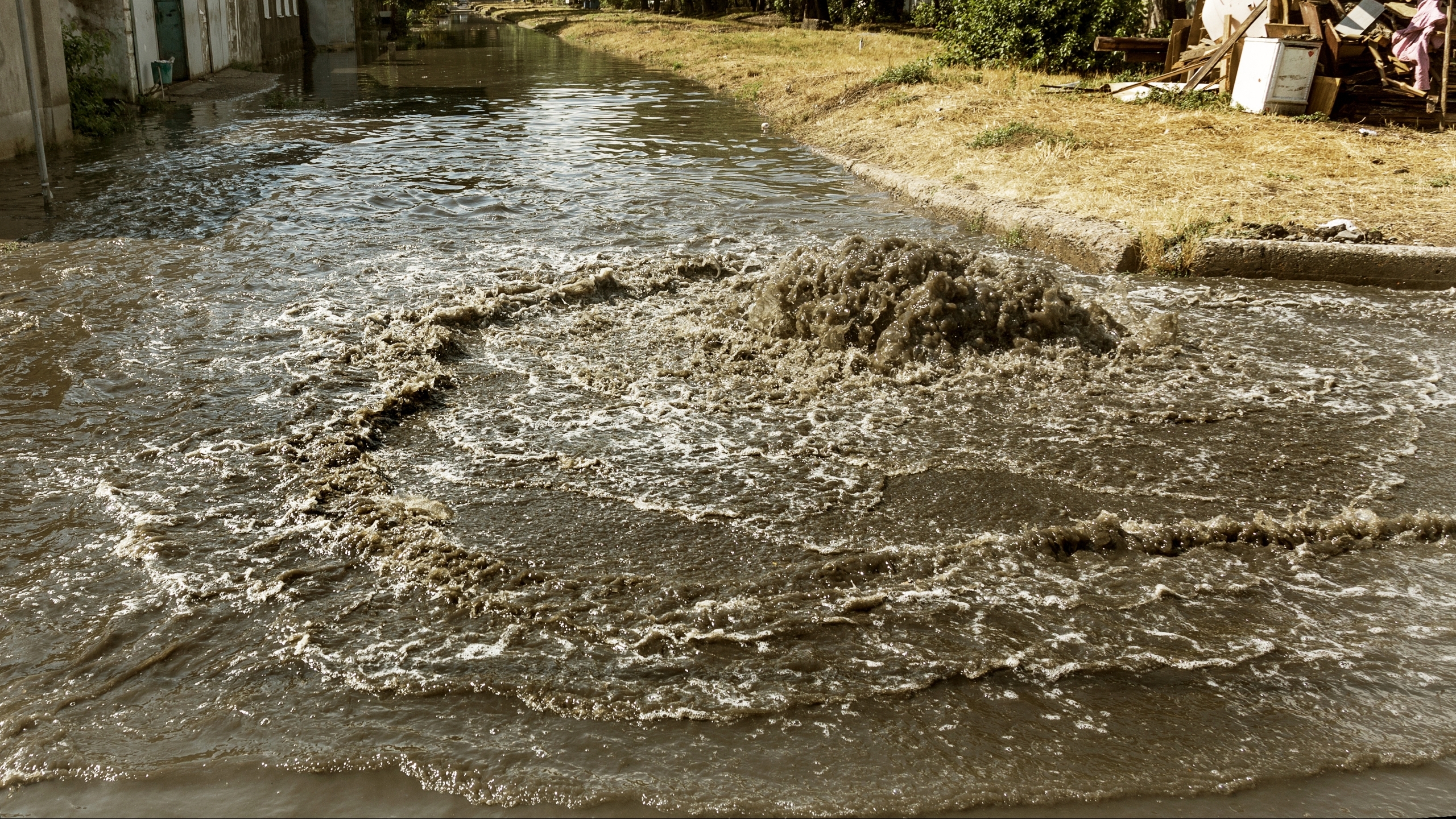|
Getting your Trinity Audio player ready...
|
Two environmental watchdog groups, represented by the Southern Poverty Law Center, filed a complaint Monday under Title VI of the Civil Rights Act, alleging that the State of Alabama and the Alabama Department of Environmental Management have discriminated against Black Belt counties in dispersing funds for wastewater infrastructure and have withheld resources from communities of color that now lack proper sanitation access.
The complaint, filed by The Center for Rural Enterprise and Environmental Justice and the Natural Resources Defense Council, is the latest step in a prolonged effort undertaken by activists and various groups to address serious health and safety concerns arising from numerous sewer and sanitation issues, including the flow of raw sewage in some communities, throughout impoverished areas in the Black Belt.
“This country’s neglect of wastewater infrastructure in majority Black communities — both urban and rural — is resulting in a hygienic hell for far too many people. A hell that climate change is only making worse,” Catherine Coleman Flowers, founder of The Center for Rural Enterprise and Environmental Justice, said in a statement.
“As we commemorate the anniversary of Bloody Sunday in Selma, I reflect on the activists in my home county of Lowndes who fought for their voting and civil rights,” Flowers continued. “Nearly 60 years later we’re still fighting for dignity, environmental justice and the basic human right of sanitation access. Corrective action resulting from this complaint will positively impact all Alabama residents who rely on onsite septic.”
ADEM pushed back on the allegation in the complaint, noting that it had recently dispersed more than $150 million to address wastewater and drinking water issues in Black Belt counties.
“Statements in the Natural Resources Defense Council press release by the council and the Center for Rural Enterprise and Environmental Justice are factually incorrect and baseless,” the ADEM statement said. “In fact, quite the opposite is true. In 2022, 34 percent ($157 million) of the $463 million of drinking water and wastewater funding awarded by ADEM went to Black Belt counties, where 10.6 percent of Alabama’s population resides. Disadvantaged Black Belt areas received funding at three times the rate of other areas.
“In addition, federal audits of the State Revolving Fund Programs have consistently found ADEM to be in compliance with all federal requirements, including laws against discrimination and those related to loan and principal forgiveness eligibility.”
But NRDC’s chief litigation counsel, Aaron Colangelo, dismissed that defense, essentially calling it too little, too late after decades of neglect and indifference by the state and various state agencies. Also, Colangelo said that the funds described by ADEM in its response weren’t specific to the types of problems the Title VI complaint addresses.
“Our complaint deals with on-site sanitation needs, a problem that has been noted with concern for decades,” Colangelo said. “The examples given do not deal with on-site sanitation needs. None of the money noted addresses the problem our complaint is focused on.”
Those problems have been highlighted in numerous news reports over the past decade or more, as disturbing stories of Black Belt residents using “straight-pipe” systems – essentially pumping raw sewage out of their homes into nearby woods or streams – became increasingly common. The residents have turned to straight piping because installing an adequate septic system in the area, because of the dense soil, costs well over $10,000 — an astronomical figure for the impoverished citizens — and there are no available city sewer options for most of them.
The problem encapsulates many of Alabama’s historical failures to provide basic infrastructure needs to areas where high numbers of Black citizens lived, while simultaneously also doing little to push industry into those areas to provide an economic base that could allow the citizenry to address these problems themselves.
The result has been one of the nation’s poorest areas dealing with problems that were more common in the late 1800s.
While many state officials and state agencies have, in recent years, expressed a desire to address the Black Belt sanitation issues, and have, as ADEM pointed out in its release, devoted some funds to the overall effort, the help has been slow to come and has often been bogged down by bureaucracy.






















































